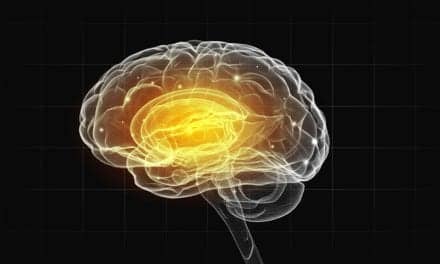A study examining out-of-hospital cardiac arrest showed administering of heart rhythm stabilizing drugs such as amiodarone or lidocaine produced varying results when given to patients.
This trial is the first and largest randomized, double-blind, placebo-controlled study to assess the impact of amiodarone and lidocaine on survival to hospital discharge after out-of-hospital cardiac arrest triggered by two types of dangerous heart rhythms known as ventricular fibrillation and pulseless ventricular tachycardia. More than 80,000 cardiac arrest cases per year are specifically caused by these heart rhythms, and in more than half of these cases, paramedics are unable to restore a stable heart rhythm using defibrillator shocks alone. Amiodarone and lidocaine are thought to work by stabilizing the electrical signaling within the heart.
Among all study participants, patients receiving amiodarone fared slightly better in terms of survival to hospital discharge, the study’s primary endpoint, but did not achieve statistical significance. The finding that both these drugs significantly improved rates of survival to hospital discharge when the cardiac arrest was witnessed by a bystander suggests their benefit may be linked to how quickly such events are recognized and drug treatment is started.









